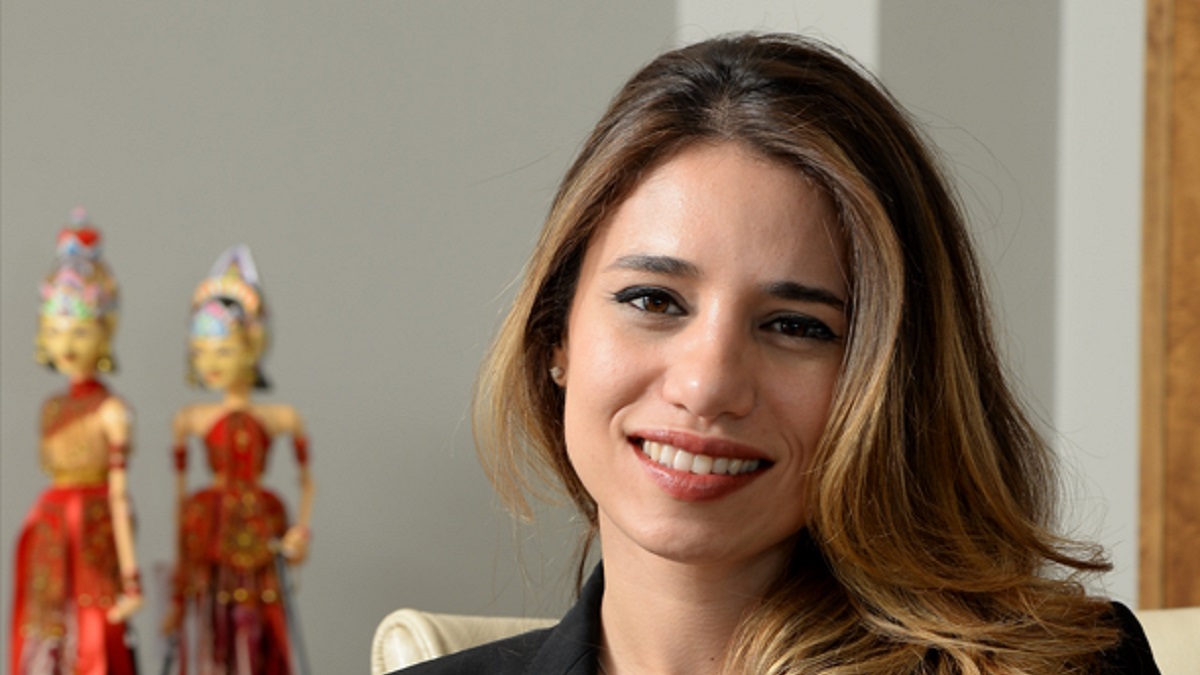Energy Capital & Power spoke with Karpowership’s Zeynep Harezi about the intersection of gender equality and improved energy access in Africa
CAPE TOWN, South Africa, March 8, 2024/APO Group/ —
While only one in five leadership roles in the energy sector is currently held by women, this figure is expected to change as companies increasingly foster diversification and inclusion. For international energy company Karpowership – a subsidiary of Turkey’s Karadeniz Holdings – creating opportunities for women in the industry is a top priority. In an interview with Energy Capital & Power (www.EnergyCapitalPower.com), Karpowership CCO Zeynep Harezi discusses the role of gender equality in the power sector and how improving inclusivity can lead to economic empowerment across Africa.
What is your perspective on the current role of women in the global power sector and how it has evolved over the years?
We are coming to a new era where it is very evident that women are just as successful as men in many areas – from defense to energy to oil and gas to education. Any sector we can think of, women are just as capable. We all have different strengths and weaknesses – whether it’s multitasking or thinking more in-depth about a single thing – and I think it is wonderful to cherish these physiological and biological differences in the workplace and also understand the beauty that comes from diversification.
As Karpowership, we prioritize all of our Corporate Social Responsibility around empowering women and children, because women are ultimately raising the next generation of leaders. Through women’s education, empowerment, self -confidence and mental health, only then will we have a strong society. The most important pillar in all of this is women’s economic independence, and that can only be achieved through education and participation in the workplace. At Karpowership, our office is 40% women, which is a very good figure, especially for a male-dominant industry like power generation.
How do you see gender equality intersecting with the goal of improving energy access in Africa?
In our project in Ghana, we were initially mooring our 500 MW powership in Tema Fishing Harbor, and our biggest supporters have been the women in the fishing community. This is because with the electricity we bring, they can actually freeze the fish, not have to throw it away, sell them and have economic empowerment. The electrification of developing countries creates such an immediate impact on the economic welfare of communities. It attracts foreign direct investors, it creates new employment opportunities, and it ensures that the fish don’t go bad, so that women can take home money. We are meeting many of the United Nations Development Program criteria this way. Additionally, we employ and prioritize women engineers in our operations. There are many African women engineers that work on our ships, and we try to ensure they set an example for younger engineers to come.
What are some of the barriers to entry, particularly for women aspiring to leadership roles, in the African power sector?
Traditionally, women have been the outliers compared to leadership positions. Now, we’re trying to create an environment where what used to be an outlier event becomes the new normal. This can only be done through education, awareness and empowerment. Creating opportunities for women to be leaders, but also equipping them with the necessary tools – both in terms of education and work experience – is critical.
It is very natural for a woman who has children to have conflicting goals. She also wants to be a good mom, take care of her children, as well as be active in the workplace. By creating more flexible working environments, and not making her have to choose, we will enable women in the workplace to prosper and flourish. One way to do that – and it has worked very well globally – is to keep checks on KPIs rather than time. KPIs are a much better way of measuring professional success, and newer applications of measuring performance and success have become much easier. Having video conferences or remote working, especially after COVID, enables more women to thrive in the workplace and also flourish as leaders. With so much technology, so many resources and so much information readily available at our fingertips, our job today is to make sure that ceiling is broken for the next generations.
Distributed by APO Group on behalf of Energy Capital & Power.
